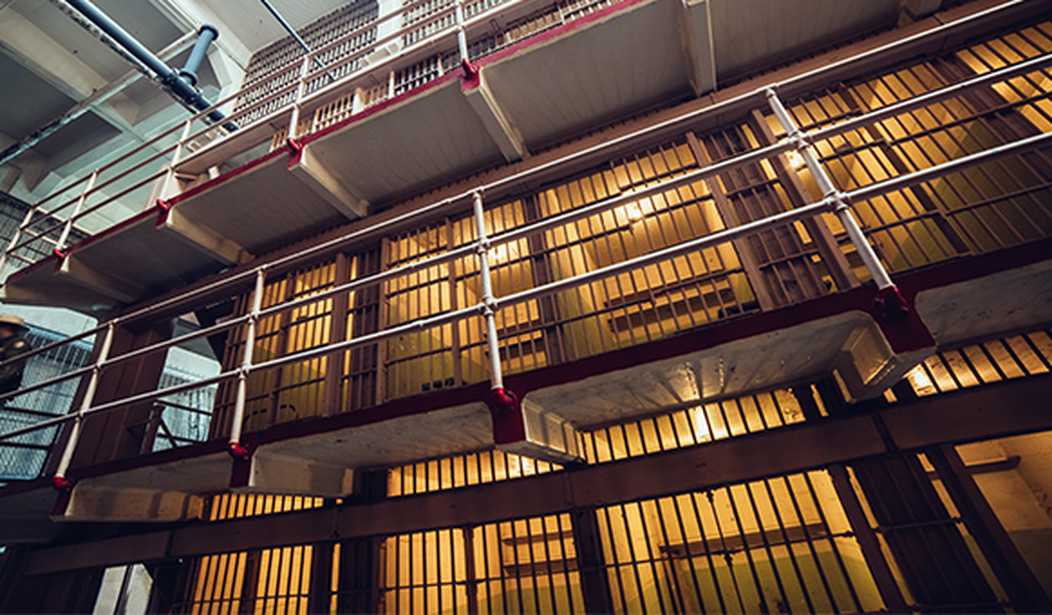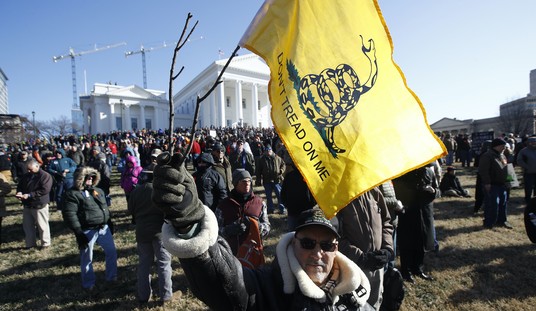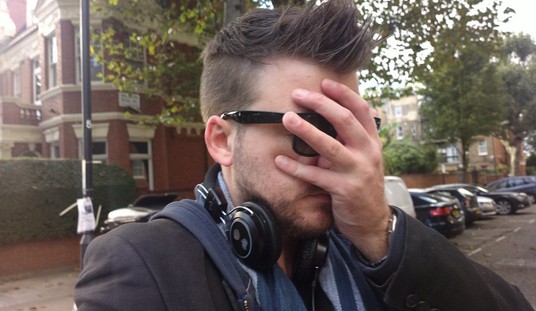Hamilton County, Ohio District Attorney Joe Deters is vowing to get tough on violent criminals with a new policy forbidding prosecutors from taking plea bargains in cases that involve the use of a firearm in a violent crime as well as “illegal guns.”
Deters made the announcement on social media on Tuesday, which was soon followed by a flurry of reactions; many of them critical of the D.A.’s decision.
We are declaring war on illegal guns in Cincinnati.
I have directed all Assistant Prosecutors in my office that, effective immediately, there will be zero plea-bargaining on any cases involving gun violence or possession of illegal guns.
It’s time for this nonsense to end.
— Joe Deters (@JosephTDeters) July 6, 2021
Lmao good luck. War on drugs, prohibition, this kind of shit does not work. They’re already out there by the hundreds of thousands. But no plea-bargaining is going to bring us to the light… lol 🤡
— Nunya (@nunya16789548) July 6, 2021
I think perhaps you mean illegal possession of guns. Very few guns are illegal in and of themselves.
— Rico (@rich4_rico) July 6, 2021
Yeah, the description of “illegal guns” bugs me too, but I’ll also admit to having an issue with Deters’ decision to not offer plea bargains to those who may be simply possessing a firearm without a concealed carry license but have not been charged with a violent crime. You deal with violence by focusing on violent offenders, not on those who may merely be possessing a firearm without a carry license.
On the other hand, in theory I’m all in favor of Deters’ decision to not offer plea bargains to those accused of violent crimes where a gun was used. In fact, I’d prefer that Deters broaden his directive to include crimes of violence involving any weapon beyond fists and feet, but I know that’s not going to happen.
That will definitely keep the criminals from using guns. I bet they follow your tweets closely.
I’m a big fan, but this is a token move.I recommend sending out social workers to talk criminals into turning over their weapons. It’s just as good of an idea….
— RadarLove (@RadarLove9009) July 6, 2021
I wouldn’t call it a token move, but I also wonder how sustainable this policy truly is. After all, 95% of felony cases end up in plea bargains; and that doesn’t happen by accident.
Plea bargaining has surged because there are more crimes and there are more petty offenses which now are criminalized (offenses such as failing to pay a bus fare, being an unlicensed vendor, petty burglary, shoplifting, etc.). Since going to trial is more costly and time consuming, plea bargains are a practical solution for the criminal justice system. And, as noted above, a guilty plea reduces uncertainty as to the outcome of a trial and is viewed as offering the accused a freedom of choice.
In addition, some legal experts maintain that the growth of plea bargaining is directly connected to the failures of the trial system. They say that today’s jury trial has been captured by the lawyers and has become an “adversary jury trial” with an elaborate body of law — law of evidence and certain other rules — which is designed to control the legal combat. As law professor John Langbein tells FRONTLINE, “The ability of the lawyers in the O.J. case … to spin out the case forever and ever, their ability to dominate the jury selection in ways that was unheard of two centuries ago, all of that is the background to plea bargaining. As the jury trial becomes more and more time consuming, more and more complex under the weight of the lawyers’ capture of the trial, we find that it becomes ever more costly to give people that which the constitution says they must have.”
I happen to think we have far too many plea bargains in the criminal justice system, but I’m also of the opinion that we need some wholesale changes to the court system to see any real and lasting improvement.
For that reason, I’m skeptical that Deters will be able to make this a long-term policy in his office. Not only does his decision impact prosecutors, but public defenders as well. It’s one thing for the District Attorney to say that his office will no longer be offering plea bargains to anyone using a gun in the commission of a violent crime. Deters can presumably reallocate some prosecutors to bolster the number of attorneys available to bring cases to trial, and he may end up offering more plea bargains in cases that don’t involve guns.
On the other hand, it may be more difficult for the public defender’s office to handle the increase in cases that are going to trial, and I worry that could ultimately lead to convictions being tossed out down the road. What happens when a defendant argues that his public defender didn’t have enough time to adequately prepare for his criminal trial, thanks to an increased workload. Will Hamilton County increase the budget for the Public Defender’s Office to address the additional trials that will be conducted, or will the office just have to manage the additional trials with the existing resources?
This is most definitely a worthwhile experiment, and I hope that Deters is able to make it work (though I would also strongly encourage him to focus on violent and not mere possessory crimes). If criminals get the message that they’re not going to be getting a slap on the wrist for shooting at someone or using a gun to commit a carjacking, I think it will have an impact on violence. I’d like to see Deters’ plan tweaked, but I’m also curious to see just how long he’s able to keep his no-plea bargains approach in place.








